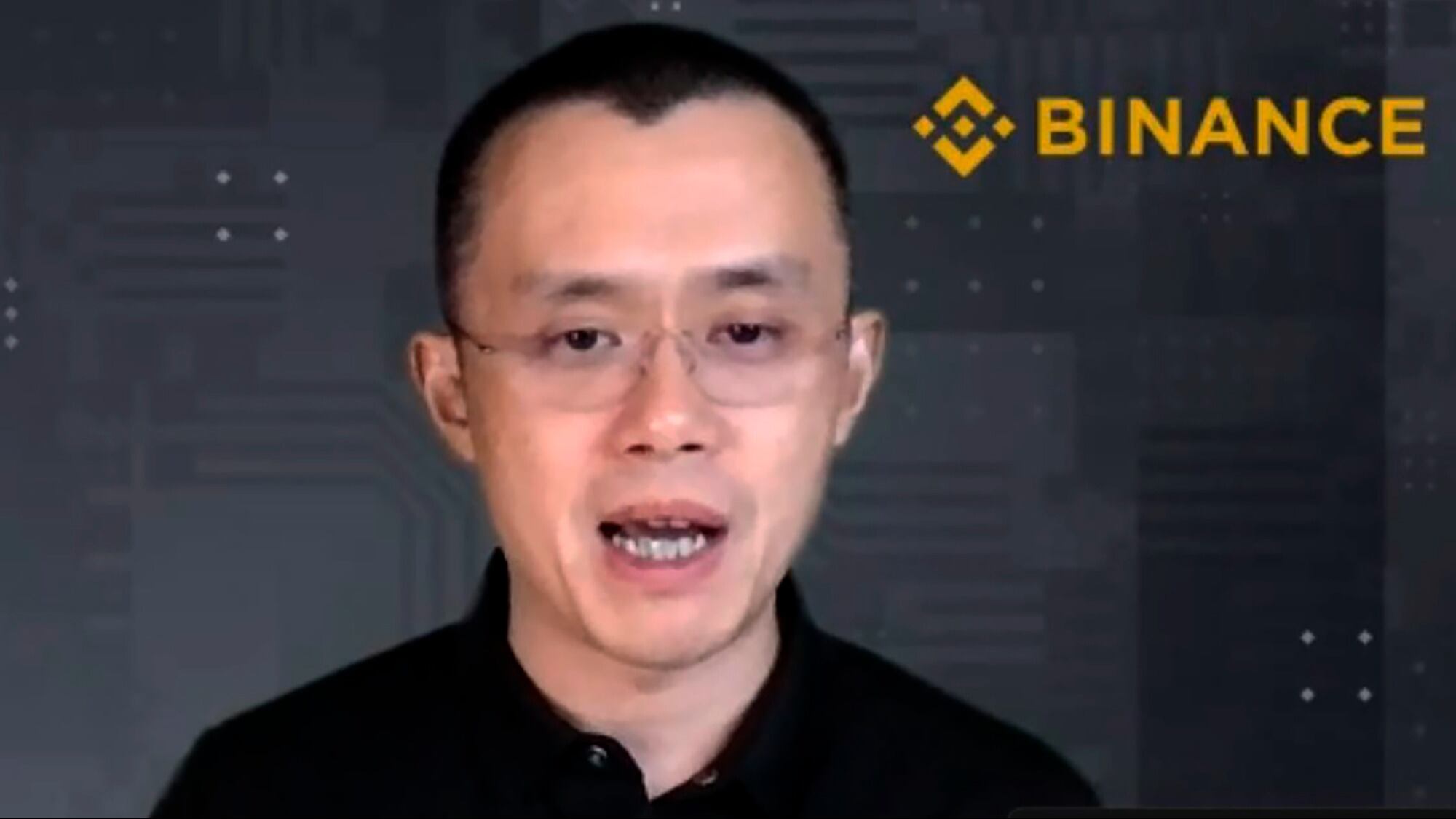By Lindsay Whitehurst, Eugene Johnson and Eric Tucker
The founder of Binance, the world’s largest cryptocurrency exchange, pleaded guilty Tuesday to a felony charge that he failed to take steps to prevent money laundering as the company agreed to pay more than $4 billion following an investigation by the U.S. government.
CEO Changpeng Zhao pleaded guilty to one count of failure to maintain an effective anti-money-laundering program in federal court in Seattle. Binance is a Cayman Islands limited liability company.
The plea comes as the company agreed to pay over $4 billion as part of an agreement with the U.S. government, a person familiar with the agreement told The Associated Press. The person confirmed the amount on the condition of anonymity ahead of an expected announcement.
The charge was similar to practices uncovered after the collapse of the second-largest cryptocurrency exchange, FTX, last year.
The judge set Zhao’s sentencing for Feb. 23, however that's likely to be delayed as both sides agreed there would be no sentencing for at least six months.
Zhao had previously faced allegations of diverting customer funds, concealing the fact that the company was commingling billions of dollars in investor assets and sending them to a third party that Zhao also owned.
It comes months after the company was accused of operating as an unregistered securities exchange and violating a slew of U.S. securities laws in a lawsuit from regulators.
The cryptocurrency industry has been marred by scandals and market meltdowns. Sam Bankman-Fried, the 31-year-old founder of the failed cryptocurrency brokerage FTX, was convicted earlier this month of fraud for stealing at least $10 billion from customers and investors.
Of his many depictions in the cryptocurrency industry, Changpeng was best known as the chief rival to Bankman-Fried.
Changpeng and Bankman-Fried were originally friendly competitors in the industry, with Binance investing in FTX when Bankman-Fried launched the exchange in 2019. However, the relationship between the two deteriorated, culminating in Changpeng announcing he was selling all of his cryptocurrency investments in FTX in early November 2022. FTX filed for bankruptcy a week later.
At this trial and in later public statements, Bankman-Fried tried to cast blame on Binance and Changpeng for allegedly orchestrating a run on the bank at FTX.
A jury found Bankman-Fried guilty of wire fraud and several other charges in October. He is expected to be sentenced in March, where he could face decades in prison.
Associated Press writer Fatima Hussein contributed to this story.













